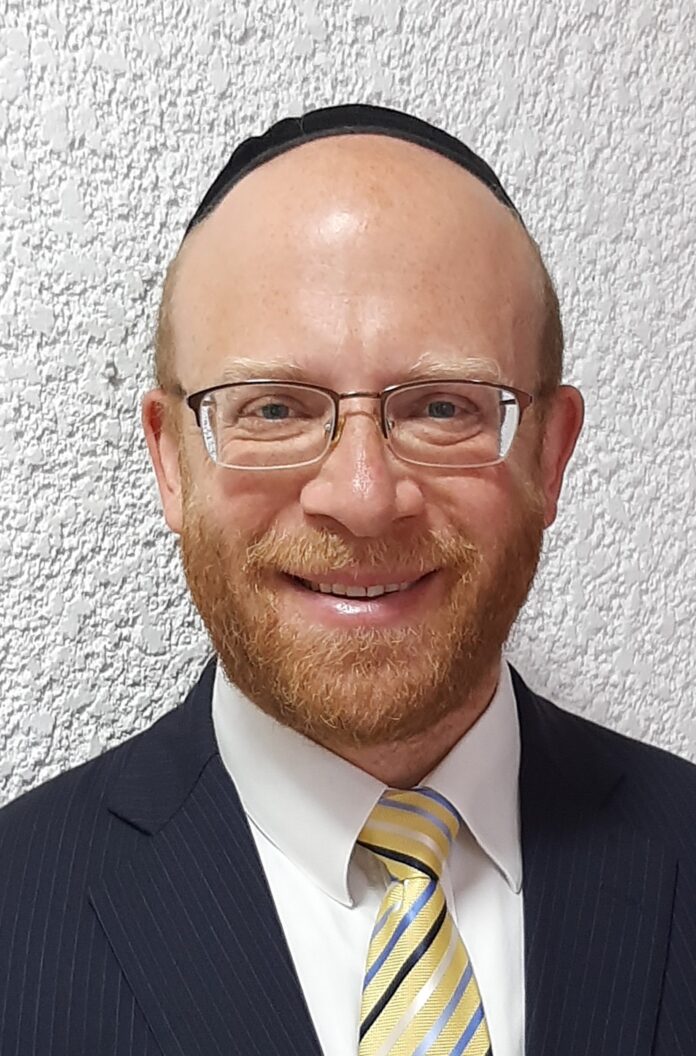
A Torah Bite for the Shabbat Table by Rabbi Ben Goodman
Time is a funny thing. Each day we face the challenges we faced the day before and will inevitably face the next day. Day after day we rehash the same thoughts in the same areas: how we could be doing better and accomplishing more. We dream of a brighter future, where the stresses of today will be the stresses of the past. Then, without noticing, the days turn into weeks, the weeks into months, and the months into years; before we know it, we have been busy with the same challenges, dreams and aspirations for the last ten years.
This is also true of our personal prayers. Somewhere down the line it dawns on a person that he has been davening for the same thing for years and years but not actually gotten anywhere. Why not? Isn’t Tefillah supposed to be our specialty? Our weapon? How long are we supposed to carry on asking for the same thing?
Parshas Toldos begins with a vivid description of Yitzchak and Rivka both davening in opposite corners of the room for a child. The Pasuk says, “Yitzchak entreated Hashem opposite his wife, because she was barren.” Rabbi Bahya ben Asher ibn Halawa (1255-1340), known as the Rabbeinu Behaye, queries the Pasuk’s presentation. One would have expected the Torah to state initially that Rivka was barren and then relate that Yitzchak and Rivka entreated Hashem because she was barren. Instead, however, the Pasuk tells us that Yitzchak and Rivka davened and only then explains why.
To resolve this perplexity, the Rabbeinu Behaye explains that the spiritual mechanism of prayer works differently from what we might imagine. We are used to thinking that prayer is the appropriate and necessary response to solve the countless difficulties and challenges we face. We ask Hashem to cure us when we are sick, to support us when we are poor and guide us when we are lost. The reality, however, is that prayer is not a response and a solution, rather it is a goal.
The Mishna in Pirkei Avos tells us that the world stands on three pillars: Torah, Avodah (prayer) and Gemilus Chassadim (acts of lovingkindness). Should one of these pillars cease to function, the world would collapse. The world needs a constant supply of Torah learning, prayer, and acts of lovingkindness. They are non-negotiable and unconditional. Torah learning does not depend on ignorance, prayer does not depend on difficulties and challenges, and acts of lovingkindness do not depend on the needy.
The Rabbeinu Behaye explains that Hashem sends us trials and tribulations to ensure that there is a constant flow of prayer in the world. Instead of thinking that our challenges are the core, and that prayer is the means, we must realize that prayer is the core and our challenges are the means. For this reason, the Torah first states that Yitzchak and Rivka davened – the primary element – and then states their reason for davening – the secondary element.
Consequently, instead of asking why Hashem hasn’t answered our prayers after all these years, it might be worth asking ourselves if the quantity and quality of our prayers would be the same were the difficulties we face not to exist. If we would work hard to ensure that our Tefillos were always up to scratch, regardless of our life circumstances, then Hashem would not need to send us trials and tribulations. On the contrary, He would bestow upon us an abundance of blessing to help us continue sustaining the world with our Torah, Avodah and Gemilus Chassadim.









